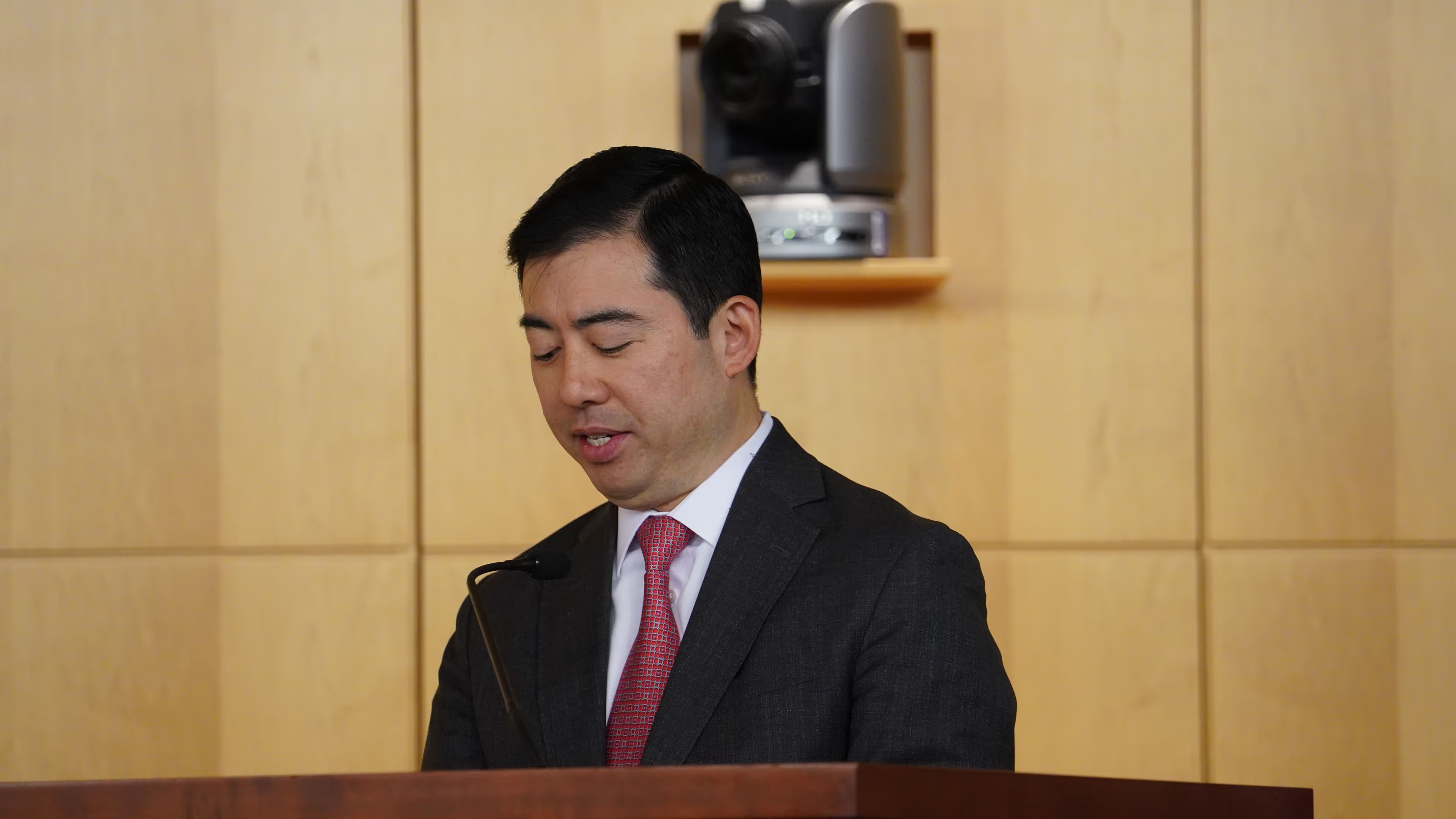SEC Reconsiders Its Relationship With Cryptocurrency
SEC Reconsiders Its Relationship With Cryptocurrency
On Friday, the SEC's Cryptocurrency Task Force held a roundtable to discuss how the cryptocurrency world interacts with securities laws.
Author: Nikhilesh De Updated Mar 21, 2025 11:29 PM UTC Published Mar 22, 2025 12:30 PM UTC

The U.S. Securities and Exchange Commission is set to rethink its ties to the crypto industry, even before Congress appoints a permanent chairman. The latest move was a roundtable discussion held Friday at the SEC’s headquarters in Washington, D.C., that brought together about a dozen lawyers representing a variety of views and positions on cryptocurrencies.
You're reading State of Crypto, CoinDesk's newsletter covering the intersection of cryptocurrency and government. Click here to subscribe to future issues.
Ostrich farms and orange groves
Narrative
The SEC's reboot began when Acting Chairman Mark Uyeda created a cryptocurrency task force and oversaw his agency repealing Accounting Bulletin 121, dismissing a number of ongoing lawsuits, suspending several others, and issuing several staff statements on how the agency might approach memocoins and proof-of-work mining.
Why is this important?
The SEC is by far the most significant federal regulator in the crypto space today. While its sister agency, the Commodity Futures Trading Commission, has the potential to be the regulator that one day oversees cryptocurrency spot markets, most companies in the space currently look to the SEC for guidance on what exactly they can do.
Let's break this down
The roundtable consisted of two parts (three if you count the opening remarks from the three commissioners): a roughly 90-minute moderated panel discussion led by former SEC Commissioner and Paredes Strategies founder Troy Paredes, and a 90-minute town hall, also moderated by Paredes, that invited questions from the general audience.
CoinDesk's coverage of the panel discussion can be read here.
The main issue of the discussion, as it has been for many years, was when and how a cryptocurrency or crypto transaction can be considered a security. Participants touched on a wide range of topics, from the role of cryptocurrency in the spread of ransomware to how companies should act.
Chris Brammer, Bluprynt CEO and a Georgetown University law professor, opened the discussion with his analysis of the Howey Test: “What we’re essentially saying is that when you have savings, there’s an investor protection problem. The general line of business that we’re all familiar with is actually solving a kind of collateral problem.”
“It's really about information asymmetry, and then the profit question moves on to investor psychology, greed and fear, things that can distort decision making,” he said. “And essentially, when all of those factors come together, you have a mandatory disclosure [rule].”
The SEC's approach has so far limited the number of crypto projects, said Sarah Brennan, general counsel at Delphi Ventures. While many crypto projects are initially aimed at a broad audience, the “spectre of securities laws” has caused many projects to act more like they are going public than to actually reach out.
Источник



